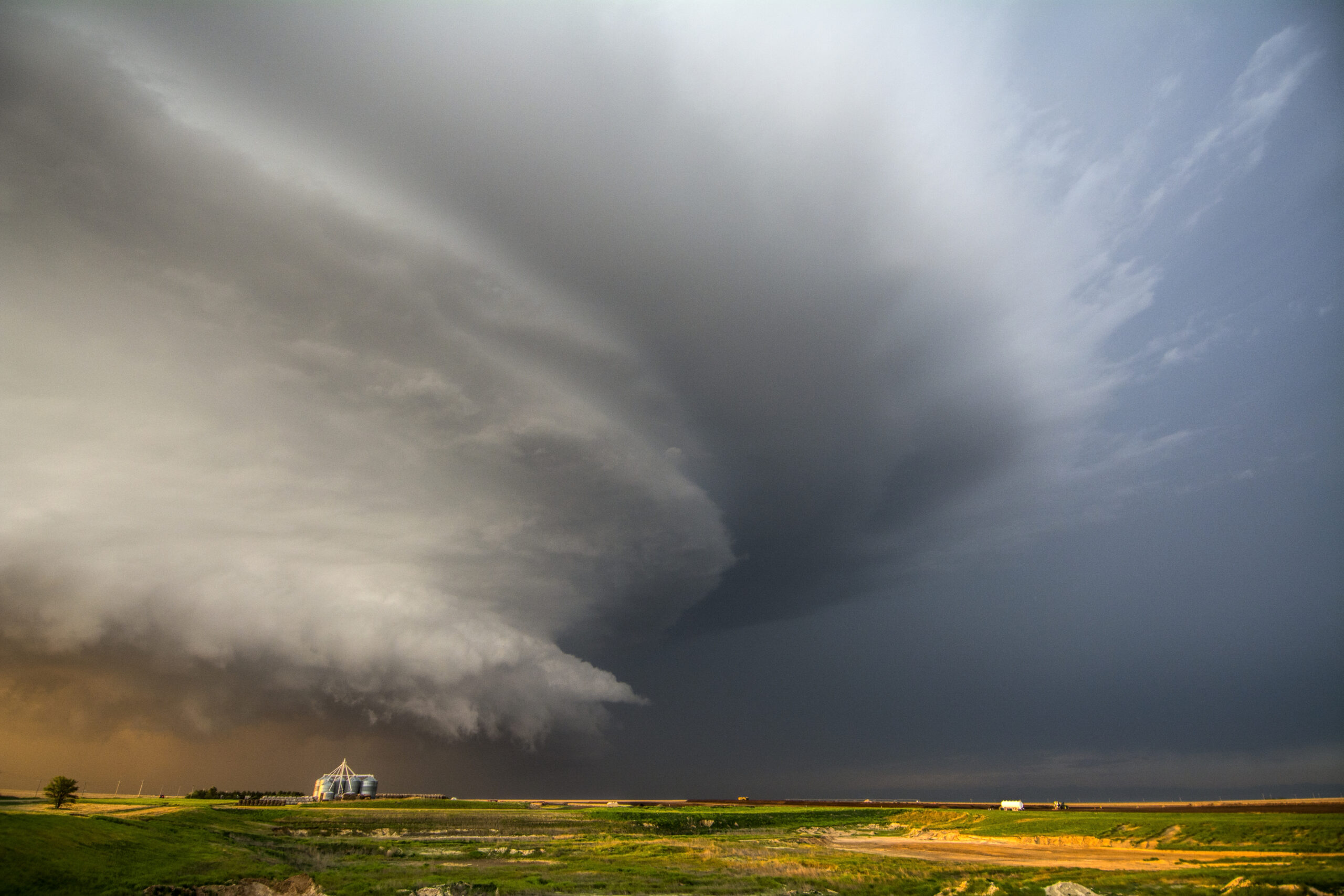Florida and Texas have both passed laws aimed at strengthening existing UPPA laws and stopping AOB claim abuse – all to protect policyholders and stop expensive litigation. The updates to the laws far-reaching and should not be overlooked by contractors – especially contract details. Read more about all the changes in Texas and Florida here.
One change to pay attention to is the expansion of UPPA regulations – changes that other states are likely to adopt in the future. In Texas, UPPA laws listed in HB2103 now apply to all contractors – not just roofers. In Florida, SB122 prevents anyone from using AOB agreements to discuss price, policy or scope. In both states, the new laws are broad, the language is open to interpretation and as we have seen in the past, contractors can get in major trouble for violating UPPA laws, even if it wasn’t intentional.
Just as a quick reminder, the Unauthorized Practice of Public Adjusting occurs when someone other than a licensed claims adjuster works with a consumer to settle a property insurance claim.
With that said, now’s the time to review your internal process to ensure you don’t violate the new laws and remain compliant working insurance related claims. Here’s how:
- Who’s Inspecting/Estimating Damage?
With the now limited ability of AOB agreements to allow contractors to discuss policy/scope with carriers, contractors need to be extra vigilant when it comes to how claims are handled – specifically when inspecting the damage. Having any person on your team gather claim information, investigate damage or discuss an insurance policy without the proper certification is a direct violation of UPPA. This also applies to the use of third-party vendors within your organization like including Public Adjusters and supplement companies.
- Review Your Contracts NOW
Roofing contractors who utilize contracts that transfer ANY rights from the policyholder to the contractor (on any level) should have them looked at by a contract attorney.
- Get Help From Experts
In Texas and Florida, using a public adjuster or attorney is now a necessity if you have claim disputes (or utilizing appraisal in similar regard). Even if you don’t have a claim that warrants the use of an expert right now, you’re likely to have one in the future as the new laws take effect.
- DON’T Do the Following Things
- Advertise that you can help with the claims process
- Interpret an insurance policy or explain benefits to a policyholder
- Negotiate with a carrier in regard to a claim
- Advertise that you can help someone get money from their insurance company
- Claim that your services may be free due to insurance coverage
Key Takeaways
It’s critical for contractors – regardless of trade – to stay compliant with state laws and policies. Ensure you have someone on staff keeping an eye out for new laws, litigation, and implement changes ASAP.
Have questions or need more information? Contact us today or join the conversation on Facebook or LinkedIn.







